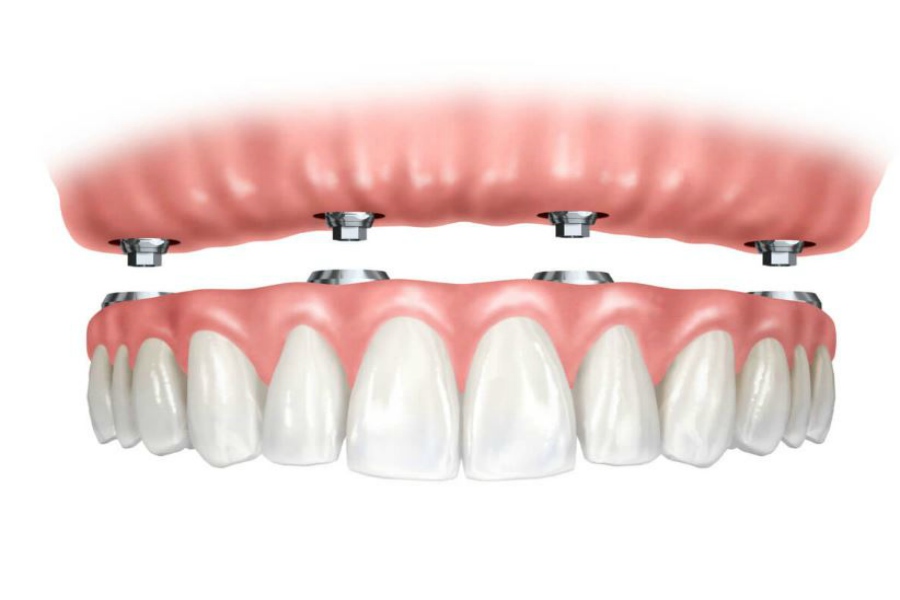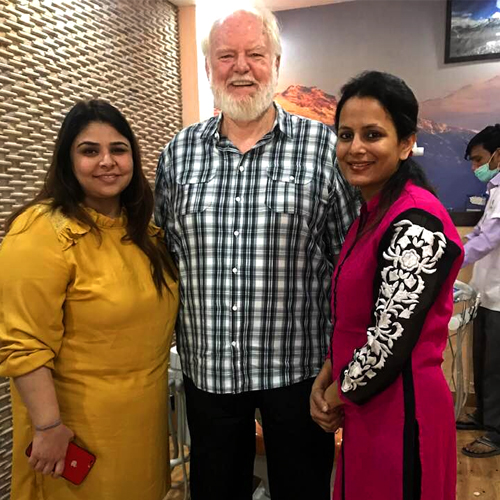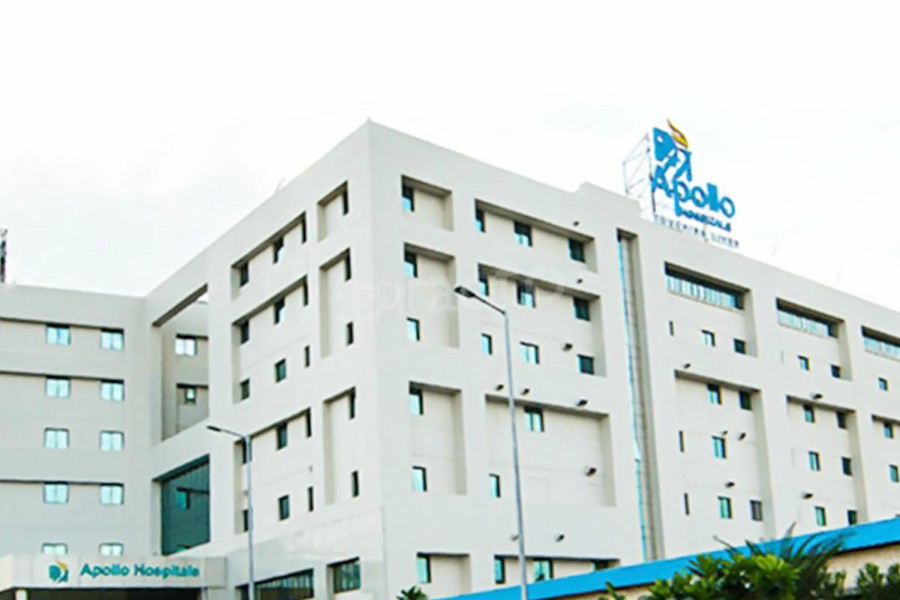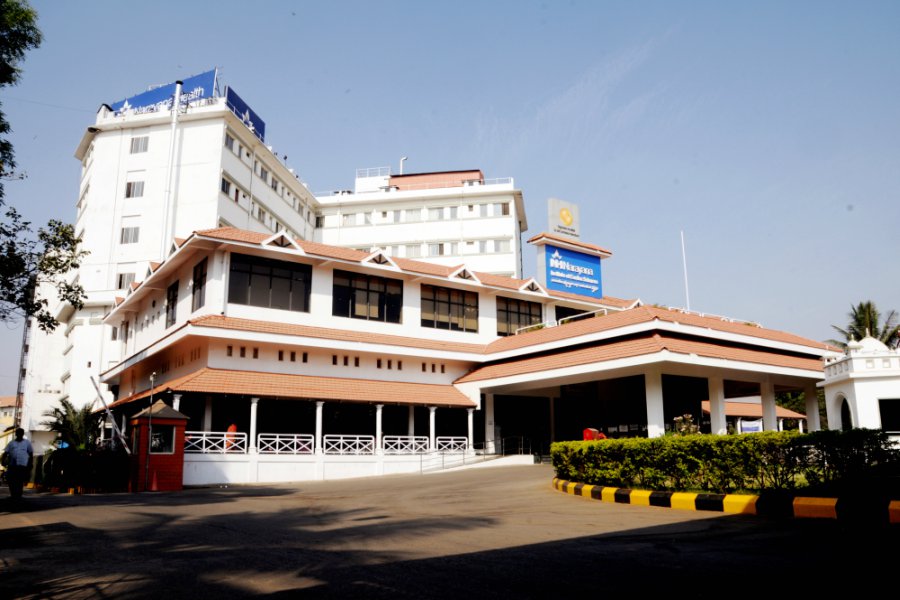
Do you hesitate to smile, laugh, or talk in public places due to lack of teeth in the mouth?
If yes, full mouth restoration with dental implants can return your natural teeth, which allows you to enjoy your daily activities without any hesitation.
Overview
A dental implant is an artificial tooth root that is placed in the jawbone to support a crown (a false tooth). It is made up of titanium and is in the shape of a screw. The dental implant forms a bond with the jawbone and makes a strong foundation for removable or permanent artificial teeth.
ELIGIBILITY
A person who has almost all teeth missing with a good jaw bone and general health can undergo full mouth restoration with dental implants.
- A person can undergo dental implants if he/she has:
- A jawbone that is thick enough to support the implant
- Healthy gums free from periodontal diseases
- No health condition that may hinder the bone healing process
PREPARATION BEFORE PROCEDURE
During the first visit, the dentist will perform a complete oral examination. If the dentist feels that you need complete restoration by dental implants, dental X-rays or 3D images will be taken to evaluate the status of the jawbone. Models of the jaw bone are prepared. Medical and medication history will also be obtained.
Your treatment plan will be decided by a team of experts, including oral and maxillofacial surgeon, prosthodontist, periodontist, and ENT specialists. The plan made is based on certain factors like the number of tooth present in the mouth and condition of the jawbone.
PROCEDURE TYPE
- Subperiosteal: These dental implants are placed on the bone during which a metal framework is fitted on the jawbone below the gum tissue. The posts that are attached to the frame, project through the gums. Then, the artificial teeth are mounted on these posts.
- Endosteal: These implants are placed directly in the jawbone by a surgical procedure. Once the gum tissue is healed, the post is connected to the original implant by another surgery. Later, the artificial teeth (tooth) are attached to the posts, either in a group or individually. Endosteal is the most commonly used implant type. It is an alternative treatment for patients with removable denture or bridges.
ABOUT PROCEDURE
First, local anaesthesia, general anaesthesia, or sedatives will be given. The procedure is usually completed in multiple stages over several months. The following steps are involved in the procedure:
- Extraction of the damaged tooth: If any damaged or decayed tooth is present in the oral cavity, they will be removed.
- Preparing the jaw bone (grafting): If the thickness of the jaw bone is inadequate or the bone is extra soft, bone grafting is done before placing the dental implants. The bone grafts can be of two types–natural bone graft (taken from another location of the body) or synthetic bone graft (uses a bone-substitute material).
- Placing the dental implant: Based on the treatment plan, you may get 4 or 6 fixed implants. An incision is made to expose the bone, in which a hole is drilled in the bone. Then a metal implant is placed in the hole and positioned deep into the bone. These dental implants work as the tooth root.
- Bone healing: Once the metal implants are placed, osseointegration(jaw bone grows to creates a bond with the surface of the implant) begins. This process may take several months (two to six months) to complete. For patients’ comfort, temporary teeth replacements can be used.
- Placing the abutment: Based on the number of implants, new abutments (small metal posts) are connected on the implants or clipped to a round ball anchor or a bar, where the anchor snaps on and off.
- Placing the full dentures or bridges: After placing the connection and healing of the gums, full dentures or full bridges are attached to the abutment.
POST-PROCEDURE CARE
You may observe swelling of the gums and face, during or after the procedure. Medicines will be prescribed to reduce the swelling. Minor bleeding may occur during the procedure, which is normal, and you need not be worried about the bleeding. Pain medication may be prescribed after dental implant placement.
RECOVERY TIPS
Following measures may speed up the recovery after full mouth restoration with dental implants:
- Eat soft food during the procedure
- Go regularly to the dentist for follow-ups
- Practice good oral hygiene methods to keep the area clean
- Avoid consuming hard food items to prevent the breakage of the crown
- Avoid consumption of caffeine and tobacco products
FACTORS AFFECTING COST
The cost of a dental restoration may vary based on:
- The type of material used
- The number of implants used for anchoring the denture set
- The need for bone grafting
- Any other dental procedure required before implants
- General health and co-existing disease such as diabetes, hypertension, etc.


 Best Hospitals
Best Hospitals














